Turn any article into a podcast. Upgrade now to start listening.
Premium Members can share articles with friends & family to bypass the paywall.
One way of understanding Donald Trump’s erratic presidency is to assume that he is trying to generate chaos. But that is not quite it.
What he is trying to generate is storylines.
And he knows which direction plots move: forward.
Donald Trump was never much of an executive, a fact attested to by his many high-profile failures (the casinos, the Plaza, etc.) and his scams (Trump University, the accounting shenanigans, etc.). He likes to present himself as the ultimate deal-maker, but he is not much of a negotiator, as Vladimir Putin knows. He likes to play at being a tough guy, but he is easily backed down by opponents ranging from Canadian politicians to the Dow Jones Industrial Average, and his weak character makes him vulnerable to flattery. His gift isn’t for business or hardball politics or the Machiavellian exercise of hard power—his gift is for storytelling.
Narrative is one of the most powerful mental forces in human life. Trump’s career has involved a lot of raw spectacle, but even the most primitive kind of spectacle requires a narrative context. As I have noted from time to time, the great political champion of American evangelicals was, among other things, a cameo performer in a series of pornographic films—and even in pornography, the most elemental form of spectacle, storylines are part of the package. In addition to his career in pornography, Trump was a recurring character in the world of professional wrestling, in which the homoerotic spectacle is largely subordinate to the sprawling soap-opera plot. Add a storyline to a beauty pageant and you get reality television, which is where Trump made his money and built the foundation of his political career.
In a recent members-only Dispatch conversation, Steve Hayes argued that Trump enjoys nothing as much as the exercise of power, and I disagreed with him: It seems to me that Trump does not at all enjoy the actual exercise of power, which is very difficult and demanding work of precisely the sort that he has spent a lifetime avoiding. The counterintuitive fact is that one of the big problems in Washington is that almost nobody enjoys the actual exercise of power, which is why the three branches of government keep trying to hand responsibilities off to each other: from our drama-queen president to our do-nothing Congress to the tortured pseudo-institutionalism of the chief justice, we have a government run by a team of Bizzaro World Kobe Bryants—guys who only know how to pass and never take a shot. Trump wields power in Washington in approximately the way a man playing Macbeth wields power in Scotland. In Trump’s case—which is our case—the damage is real, of course, but that is no more an actual exercise of political power than a drunk crashing his Buick into a school bus is an example of motorsport.
The decline of the political parties and the democratization of political fundraising, the shameful abdication of Congress, the forfeiture of influence by the old-guard news media, the decimation of the mainline Protestant churches, the ideological capture of the great universities and cultural institutions, the slow death of civic institutions—all of these things (and thousands of similar phenomena) have created a power vacuum in our national life. And you cannot fill that vacuum with play-acting. But play-acting—playing at politics, playing at power—is a very good way for a certain low kind of person (Trump being the exemplar par excellence) to collect money and status. Trump’s political strategy is a lot like a YouTuber’s strategy: I’m quitting. (Pay attention!) I’m not quitting. (Pay attention!) I’m gone. (Pay attention!) I’m back. (Pay attention!) I’m doing this now. (Pay attention!) I’m not really doing that, I’m doing the same thing I’ve always done. (Pay attention!) Etc.
Feuds, histrionic reactions, histrionic reactions to the histrionic reactions—Trump’s political pattern is simply an adaptation of familiar reality-television tropes fitted to the pace of social media. The refusal of mainstream political figures to deal seriously with immigration created an opening in 2016 for Trump, whose lifelong economic xenophobia was easily reconfigured to serve the anti-immigration cause. (Anti-trade populists and anti-immigration populists tend to be the same people working from the same conviction: that interactions with foreigners pollute the volk.) Having had prior disappointing experience as a third-party/independent candidate and sensing the weakness of the Republican apparatus, Trump simply ran the Ross Perot campaign within the GOP instead of as an outside adversary—politically speaking, he is a failed predator who became a successful parasite.
So, if you’re wondering what Trump is going to do next on, say, tariffs and trade, the question to ask yourself isn’t “What will serve U.S. economic interests?” or even “What does Trump think will serve U.S. economic interests?” The question is: What’s next on The Trump Show? Trump’s habit of announcing tariffs and then suspending or delaying them for some fixed period of time makes no sense from an economic or policy point of view, but it makes perfectly good sense from a theatrical point of view: Delays and deadlines set up confrontations and tensions that have to be resolved in a future episode. In the early part of the television series Mad Men, much of the story was driven by the fact that the lead character had lived most of his adult life under an assumed identity and feared being found out, leaving the audience in suspense about what ultimately would happen; when he was found out, nobody really cared, but that did not somehow retroactively drain the tension and the drama from the earlier episodes. It is enough to know that there is a next thing to look forward to—stories move in only one direction.
That is why Trump lies so easily and suffers no discomfort from his many inconsistencies: Such considerations are, by nature, backward-looking. Even to note for the record that somebody is lying or saying something inconsistent with prior statements is to talk about the past, and Trump—-his nostalgic sloganeering and supposed enthusiasm for the freshest economic thinking of the 19th century notwithstanding—is not interested in the past. The past is last week’s episode, last season’s big reveal, the video you already have scrolled past. An episode of a reality television show has one purpose: to get you to watch the next episode.
The mistake is in thinking that Trump’s narrative-building—this thing, that thing, the next thing—is done in the service of some grand political project, when the show itself is the grand project. Donald Trump doesn’t need your vote—he wants your attention. And he will do what he thinks is necessary to keep himself at the center of attention—trade, immigration, taxes, war, crime and all the rest are in a different, subordinate class of considerations.
Tune in next week, scroll to the next video, click here for more.
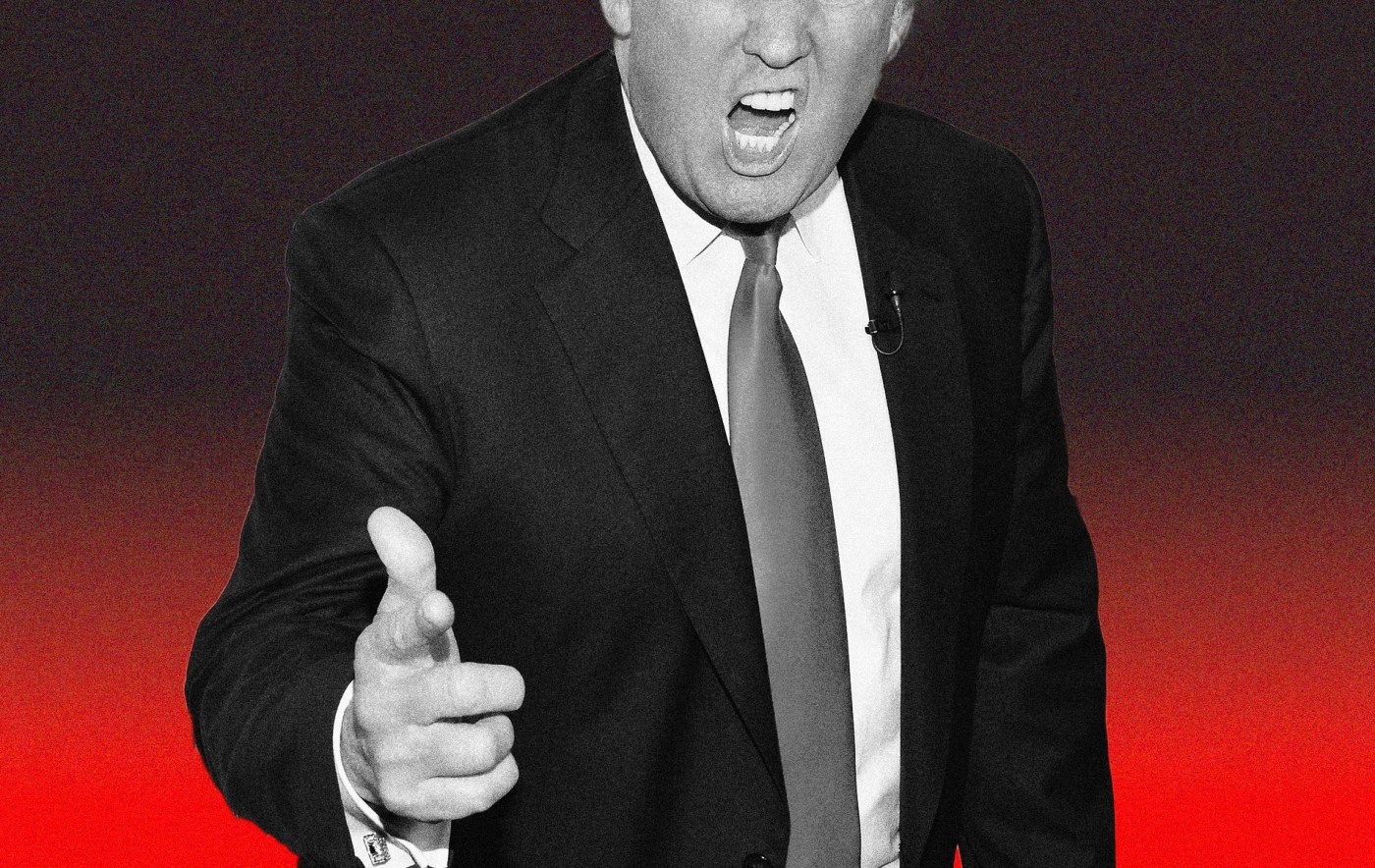

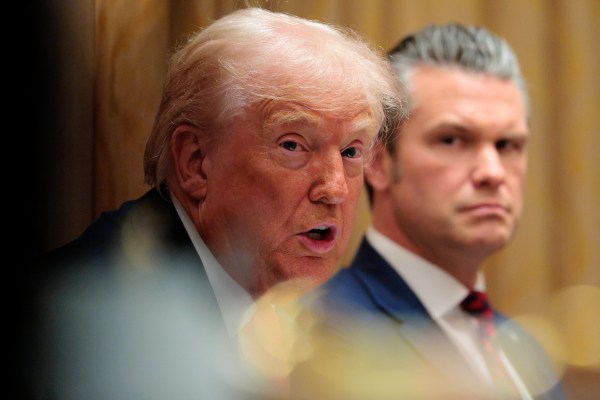
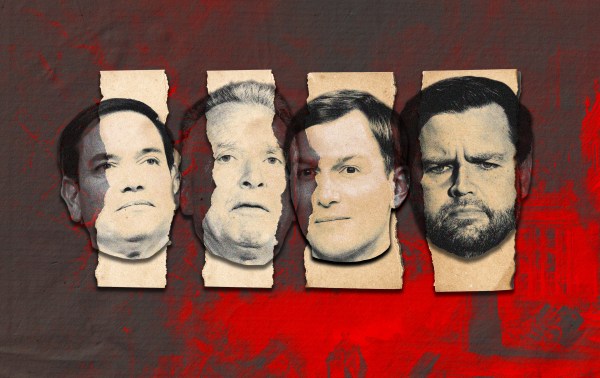
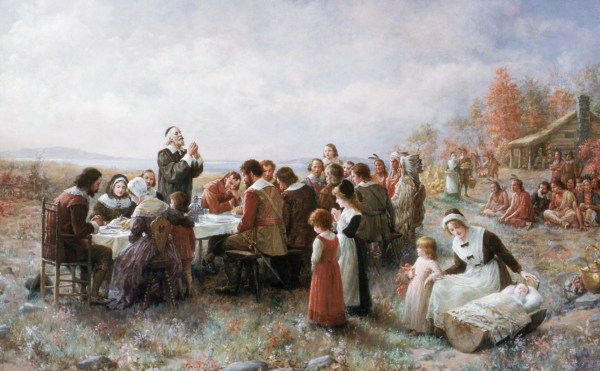
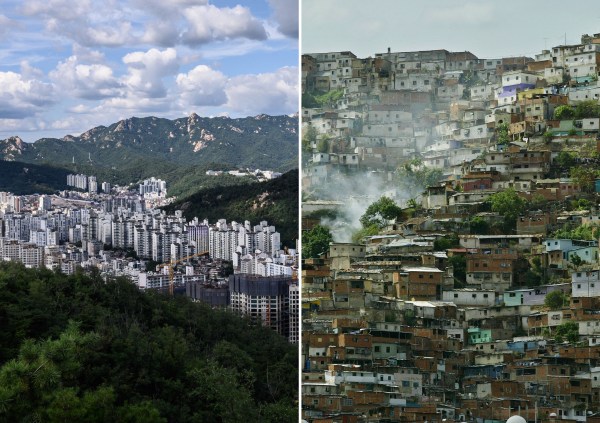
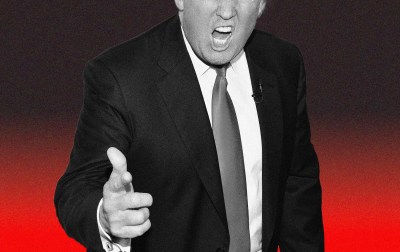
Please note that we at The Dispatch hold ourselves, our work, and our commenters to a higher standard than other places on the internet. We welcome comments that foster genuine debate or discussion—including comments critical of us or our work—but responses that include ad hominem attacks on fellow Dispatch members or are intended to stoke fear and anger may be moderated.
With your membership, you only have the ability to comment on The Morning Dispatch articles. Consider upgrading to join the conversation everywhere.